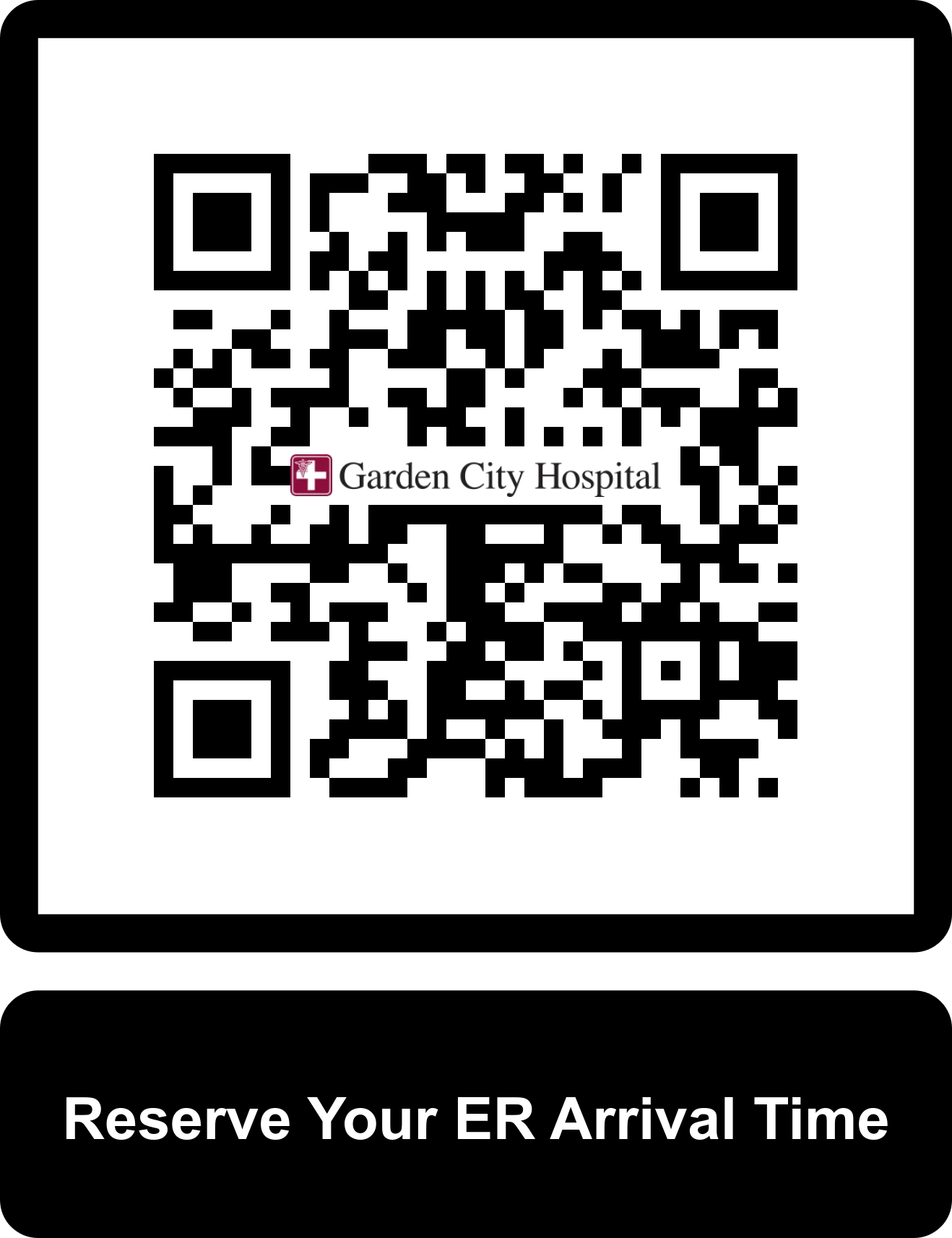Recovery After Birth
After Vaginal Birth
After you give birth, a nurse will check you and answer any questions you may have. During your stay, the nurses will teach you how to care for yourself and your baby.
Changes in Your Body
- A nurse will feel your abdomen to check your uterus while you are in the hospital. If your uterus is soft, your nurse will rub your abdomen to help the uterus become firm.
- You will have bleeding from your vagina for 2 to 4 weeks. During the first few days, the bleeding is like a heavy menstrual period. You may pass small blood clots. The bleeding will decrease and change to pink, dark brown, and then clear. Do not use tampons. Use sanitary pads.
- Your breasts will fill with milk 3 to 5 days after you give birth and become firm and sore. They may leak at times.
- You may have constipation. A stool softener or laxative may be ordered.
- Tell your nurse if you have problems urinating.
Activity
- Ask the staff for help the first few times you get out of bed.
- Sit up for a couple of minutes before you start to walk.
- If you feel light-headed or dizzy while in the bathroom, pull the emergency call light on the bathroom wall for help.
- Walk in the hallways 3 to 4 times a day for 5 to 10 minutes.
Diet
You may feel tired and hungry. You will get fluids through an IV (intravenous) in your hand or arm until you are drinking well. Drink plenty of fluids. You will be offered light food at first and then you can eat your normal diet.
Manage Pain
Pain and cramping are normal. Stitches may cause burning or stinging. Ask for pain medicine when you need it. The medicine may not get rid of your pain, but it will make it better. Manage your pain so you can care for yourself, your baby and be active.
How to manage pain in the area around your vagina and anus called the perineal area:
- Place an ice pack on your perineal area the first day for short amounts of time to decrease pain and swelling.
- Use a sitz bath to relieve discomfort. Sitz baths are portable bowls that fit on top of the toilet seat and can be filled with warm water. Immerse the perineal area in the water for 15 to 20 minutes, or as recommended. Gently pat dry with toilet paper. Use the sitz bath several times a day.
- Use an inflatable, donut-shaped, ring when sitting. It reduces pressure and discomfort in the perineal area.
- Take a warm bath. Baths can be started 24 hours after giving birth.
- Apply a topical medicine such as a spray or cream to help relieve rectal pain from hemorrhoids.
Peri Care
Keep the perineal area clean to prevent infection and stop odor. This is called peri care. You will be given a plastic bottle to fill with warm water. Each time you use the toilet, use the plastic bottle to squirt warm water over your perineal area. Let air dry or gently blot with toilet paper. Change your sanitary pad each time you use the toilet. Wash your hands with soap and water.
Showering
A shower may feel good and help you relax. Have someone help you with the first shower.
Going Home from the Hospital
Your nurse will help you prepare to go home with your baby. Information will be given to you on how to care for yourself and your baby.
Your care may include:
- Limit the number of times you climb stairs each day.
- Lift nothing heavier than your baby.
- Get help doing housework for at least 2 weeks.
- Do not drive a car for 2 weeks.
- Do not have sexual relations until approved by your doctor. Talk to your doctor about birth control. Breastfeeding does not prevent you from becoming pregnant.
- Do not go back to work until approved by your doctor.
Call your doctor right away if you have:
- A fever over 100.4 degrees or 38 degrees C.
- Signs of a breast infection such as fever, tenderness, redness, or a hot, hardened area, on one or both breasts.
- Heavy vaginal bleeding where you soak one sanitary pad per hour for two hours or have large blood clots.
- Vaginal bleeding that changes color turning bright red after it has lightened and changed from pink to brown or clear.
After Cesarean Birth
After you give birth, a nurse will check you and answer any questions you may have. During your stay, the nurses will teach you how to care for yourself and your baby.
Changes in Your Body
- A nurse will feel your abdomen to check your uterus while you are in the hospital. If your uterus is soft, your nurse will rub your abdomen to help the uterus become firm.
- You will have bleeding from your vagina for 2-4 weeks. During the first few days, the bleeding is like a heavy menstrual period. You may pass small blood clots. The bleeding will decrease and change to pink, dark brown, and then clear. Do not use tampons. Use sanitary pads.
- Your breasts will fill with milk in 3-5 days after you give birth and become firm and sore. They may leak at times.
- You may have constipation. A stool softener or laxative may be ordered.
- Tell your nurse if you have problems urinating.
Activity
- Take a deep breathe and cough every two hours to prevent breathing problems. Hold a pillow or folded blanket over your incision when you cough to lessen the pain.
- Ask the staff for help the first few times you get out of bed.
- Sit up for a couple of minutes before you start to walk.
- If you feel light-headed or dizzy while in the bathroom, pull the emergency call light on the bathroom wall for help.
- Walk in the hallways 3-4 times a day for 5-10 minutes.
Diet
You may feel tired and hungry. You will get fluids through an IV (intravenous) in your hand or until you are drinking well. On the day of surgery, you will be able to have ice chips or clear fluids. As your bowel function returns, you will be given fluids, then solid food.
Pain Control
Pain is normal. It is the most intense the first 2-3 days after surgery. Your doctor will order pain medicine for you. Ask for pain medicine when you need it. Manage your pain so you can care for yourself, your baby and be active. The medicine may not get rid of the pain but it will make it better.
Incision
Your incision may be up and down (vertical) or across the lower part of your abdomen (horizontal). A dressing will be placed over the incision for about 24 hours. Your nurse will check the dressing and change it as needed. After the dressing is taken off, you may shower. Tapes called steri strips will be placed over the incision. They will fall off on their own. Do not pull them off. You may trim the edges as they curl. Your nurse will show you how to care for your incision before you go home. Watch your incision for signs of infection such as redness, swelling, pain, warmth and drainage.
Peri Care
Keep the area around your vagina and anus called the perineal area clean to prevent infection and stop odor. This is called peri care. You will be given a plastic bottle to fill with warm water. Each time you use the toilet, use the plastic bottle to squirt warm water over your perineal area. Change your sanitary pad each time you use the toilet. Wash your hands with soap and water.
Showering
After the dressing and the catheter in your bladder are removed, you may shower. A shower may feel good and help you relax. Have someone help you with your first shower. Do not take a tub bath because of the risk of infection for 4-6 weeks or until you see your doctor for your follow up visit.
Going Home from the Hospital
Your nurse will help you prepare to go home with your baby. Information will be given to you on how to care for yourself and your baby.
Your care may include:
- Limit climbing stairs to 1-2 times each day.
- Lift nothing heavier than your baby.
- Get help doing housework for at least 2 weeks.
- Do not drive a car for at least 2 weeks.
- Do not have sexual relations until approved by your doctor. Talk to your doctor about birth control. Breastfeeding does not prevent you from becoming pregnant.
- Do not go back to work until approved by your doctor.
Call your doctor right away if you have:
- A fever over 101 degrees or 38 degrees C
- Signs of a breast infection such as fever, tenderness, redness, or a hot, hardened area on one or both breasts
- Heavy vaginal bleeding where you soak one sanitary pad per hour for 2 hours or have large blood clots
- Foul-smelling vaginal discharge (a normal discharge smells like your menstrual period)
- Problems urinating including trouble starting, burning or pain
- No bowel movements for 3 days
- A hot, hard spot in your leg or pain in your lower leg
- Severe or constant pain
- A headache, blurred vision or spots before your eyes that will not go away
- Feelings of being very sad or feel you want to hurt yourself or your baby
Call your doctor the first few days after you get home to schedule a follow-up visit in 4-6 weeks. Talk to your doctor or nurse if you have any questions or concerns.
Emotional Changes After Giving Birth
After the birth of your baby, you may feel many emotions. You need time to adjust to your body’s changes and to your baby’s needs. These changes can make your emotions swing from happy to sad. This is normal. About half of new moms have these feelings.
Signs
You may have one or more of these signs:
- Cry for no reason
- Feel restless or nervous
- Go from being happy to sad quickly
- Are easily irritated
- Have little patience
- Feel overwhelmed
- Have trouble thinking
- Not feel like eating
- Are tired and have little energy
- Have problems sleeping
These changes should go away in a few days or weeks as your body adjusts and you get used to caring for your baby. Here are some things you can do to help:
- Ask for and accept help.
- Rest or nap when your baby sleeps.
- Take a break and have someone care for your baby while you go out.
- Talk about your feelings with family and friends.
- Join a new mothers’ group.
- Exercise if your doctor says it is okay.
- Care for yourself. Read, take a bath or watch a movie.
- Eat a healthy diet.
Danger Signs
Sometimes these signs do not go away or they get worse. You may need more help. You may have a more serious problem if you:
- Are not able to care for yourself or your baby
- Are afraid to be alone with your baby
- Have thoughts of hurting yourself or your baby
These are danger signs and you need to get help. Call your doctor right away.
Orthopedics

Emergency Services
Rehabilitation
Breast Care Center




